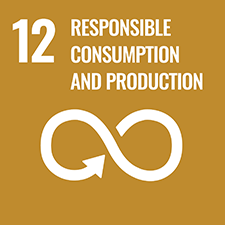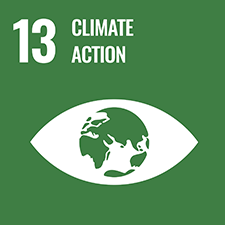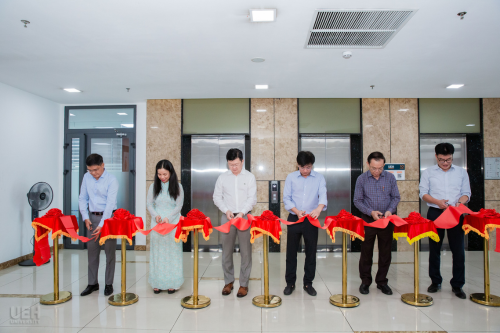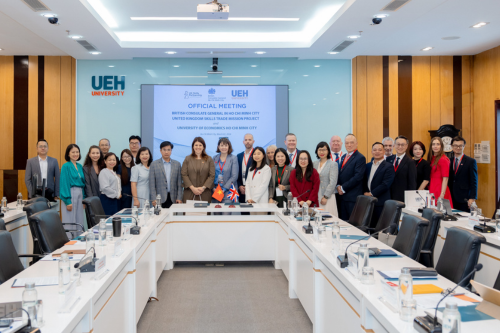
Building a greener, cleaner, and more comprehensively developed economy of Southeast Asia: The increasingly significant role of the Environmental Economy and transdisciplinary approaches
08 Jan, 2021
Over the past two decades, Asian countries and developing ones have achieved very promising economic growth rates, but there are on-going concerns about environmental problems and quality of life. In addition, global warming and climate change are also strikingly reminiscent of improving the environment and using resources effectively.
At the annual conference on the Economy & Environment Partnership for Southeast Asia occurring simultaneously, researchers discussed the applied economics instrument and other emergent issues relating to adaptation, damages reduction induced by environmental consequences as well as the strategies of green growth, towards the region's comprehensively sustainable economic development such as policy-based tools, responsive scenarios, transition management, and international cooperation.
Due to the impact of COVID-19 pandemic, the conference was organized with offline mode in Ho Chi Minh City (Vietnam) and Khon Kaen (Thailand), and online mode with other countries around the world.
Attending the conference, there were Prof. Su Dinh Thanh - President of University of Economics Ho Chi Minh City; Dr. Pham Khanh Nam - Director of Institute of Southeast Asian Environmental Economics, Dean of School of Economics, Assoc.Prof. Nguyen The Chinh - Director of the Institute of Strategy and Policy, Ministry of Natural Resources and Environment, members of the Central Theoretical Council and researchers in environmental economics in Vietnam.
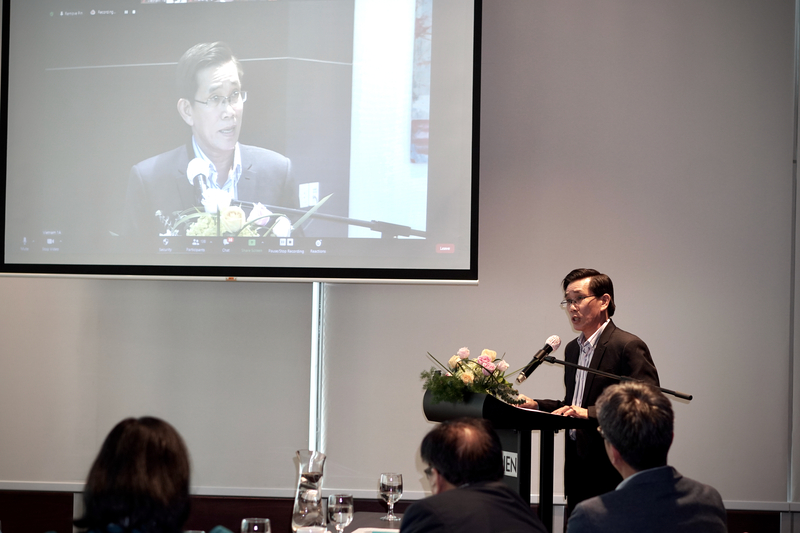
Prof. Su Dinh Thanh - UEH President delivering the opening speech at the conference
Dr. Annie-Sophie Crepin of the Beijer Institute of Ecological Economics in Sweden opened the conference with the analysis of the role of economics in responding to abrupt changes in ecosystems, from local to global scales. Although most of the time changes in ecosystems take place slowly, it can sometimes happen unexpectedly when the state reaches a tipping point. In this regard, Dr. Annie-Sophie indicated that conscious awareness of such complex dynamics in an ecosystem could shed further light on how the ecosystem is possibly well-managed. Since then, she has also highlighted many instruments and approaches that could be employed to take into account these phenomena.
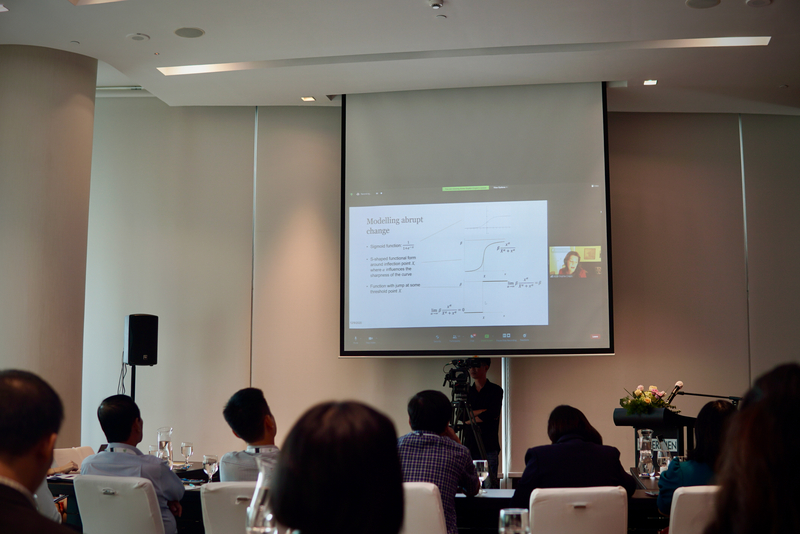
Dr. Annie-Sophie Crepin - Beijer Institute of Ecological Economics shared her perspectives of the role of economics in responding to abrupt changes in ecosystems from local to global scales.
Besides environmental issues, the researchers also debated the COVID-19 pandemic and experiences in the field of environmental economics. The studies provide the evidence that the responses of policy makers, individuals and enterprises to COVID-19 are not in line with typical responses to environmental problems. In most countries, governments have been prepared to take decisive actions to impose costly restrictions on work and personal life, to an unforeseen extent before.
Given Prof. Vic Adamowicz’s perspective from the University of Alberta (Canada), COVID-19 has drawn some lessons to environmental economists. In addition to respecting the natural environment, people also put weight on social interactions, and these two practices could interact with each other. Besides, adaptive capacity could significantly mitigate the cost of exposure restriction policies and should be considered when evaluating policy-related proposals. Moreover, preparation for many urgent cases could fundamentally reduce social costs, by facilitating a faster response. A further focus is that the enhancement of new technologies could play a critical role in reducing external effects. Furthermore, the effectiveness of supply policies for public goods could be improved by trusted leaders who provide clear, transparent and informed information, emphasizing the public and private benefits of compliance and guidance.
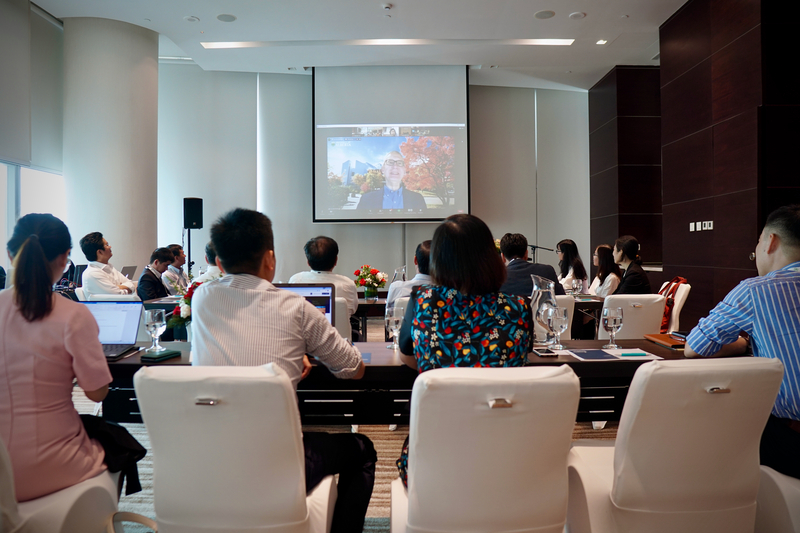
Prof. Vic Adamowicz - University of Alberta, Canada presented valuable lessons that environmental economists could draw from the COVID-19 pandemic.
Together with 02 scholarly intensive presentations in the conference, Dr. Eren Zink - Research Advisor of the Swedish Embassy in Bangkok, from the perspective of a research-based funding agency, comprehensively covered the research role on making a difference in environmental management and development of social welfare. Accordingly, he noted that the formation of research communities such as the Economy and Environment Partnership for Southeast Asia (EEPSEA) is a prerequisite step to create profound contributions to the comprehensive development of the region.
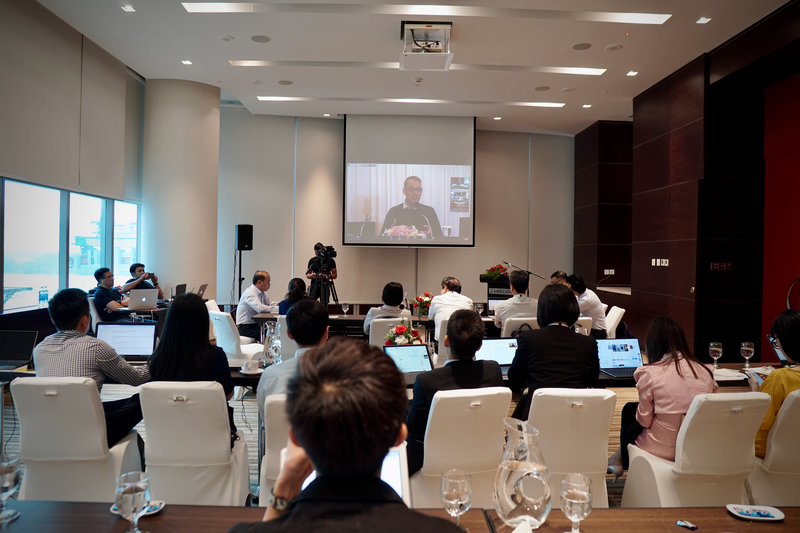
Dr. Eren Zink - Research Advisor of the Swedish Embassy in Bangkok provided a better understanding of research’s role to make a difference in environmental management and development of social welfare from the research-based funding agency's perspective.
Interacting with Dr. Eren Zink, Assoc.Prof. Nguyen The Chinh, Director of the Institute of Strategy and Policy, Ministry of Natural Resources and Environment, would like to express his gratitude to the globally giant research sponsors, including Sweden International Development Cooperation (Sida) or Canadian International Development Research Centre (IDRC), Worldfish has established supportive conditions for generations of researchers in Vietnam with a strong foundation for their capacity in research and international cooperation in the scope of environmental economics. As one of the first Vietnamese to partake in the EEPSEA program since the early 1990s along with Mr. Tran Vo Hung Son (former Dean of Economics - UEH), Assoc.Prof. Nguyen The Chinh highly appreciated the fruitful results that the program has brought. With the relentless efforts and dedication of environmental economists to research and policies for many years, the Law on Environmental Protection (revised) in 2020 has taken a long step forward when a new chapter is included in the Law on Environmental Protection "Economic Instruments, Policies and Resources for Environmental Protection".
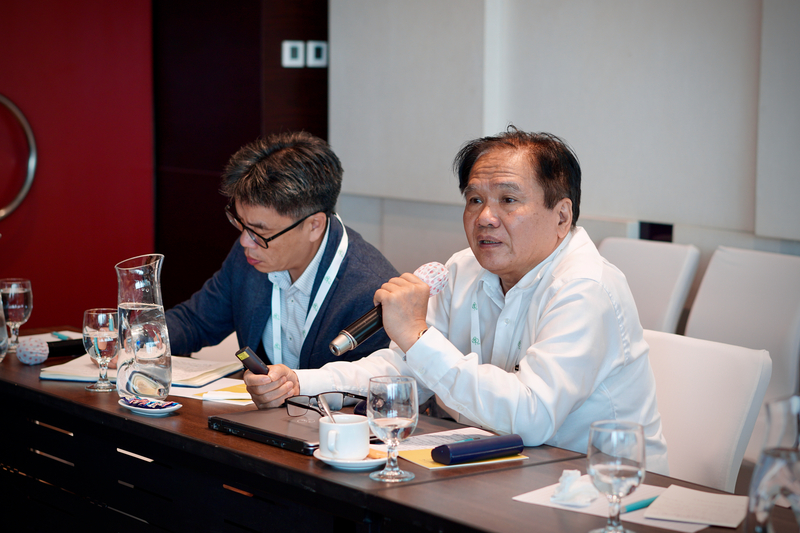
Assoc. Prof. Nguyen The Chinh - Institute of Strategy and Policy on Natural Resources and Environment to share the profound contributions of EEPSEA and researchers to the economic environment in Vietnam and Southeast Asia
In addition to critical speeches, the conference was also conducted with 7 parallel sessions with topics of interest pertaining to Southeast Asia's Economy and Environment such as: Climate Change, Fisheries and Marine Resources, Environment and Development, Pollution and Health, Ecological Tourism and Services, Disasters and Adaptive Policy, and Environmental Valuation.
Institute of Southeast Asian Environmental Economics (hereinafter ‘the Institute’) was developed by a transition from Economy and Environment Partnership for Southeast Asia (EEPSEA). Established in 2016, the Institute inherits the fundamental function of the EEPSEA and provides a platform for the ASEAN region in implementing transdisciplinary research to address challenges with respect to the global environment. The Institute has become a research hub for the top economic and environmental organizations in many different countries in the region, cooperatively conducting interdisciplinary studies to determine the values of the environment as well as carry out the training courses for the usage of economic tools and techniques in analyzing environment-related issues.
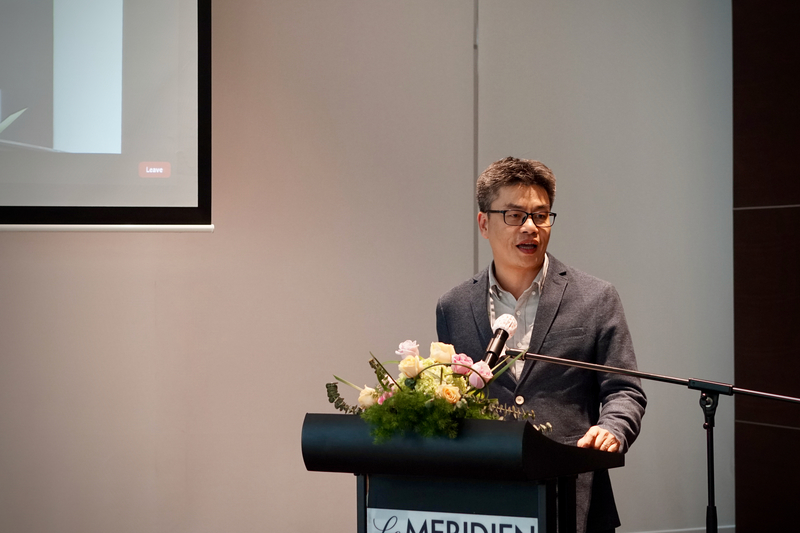
Dr. Pham Khanh Nam - Director of the Institute of Southeast Asian Environmental Economics delivered the opening speech of the conference.
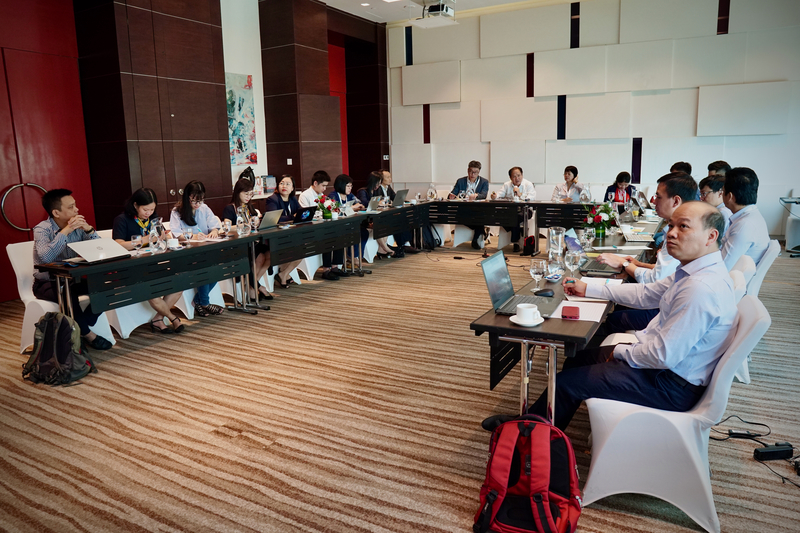
Researchers in the field of environmental economics in Vietnam discussed the economics-based instruments in the Law on Environmental Protection (revised QH/2020) recently issued by the National Assembly of Vietnam.
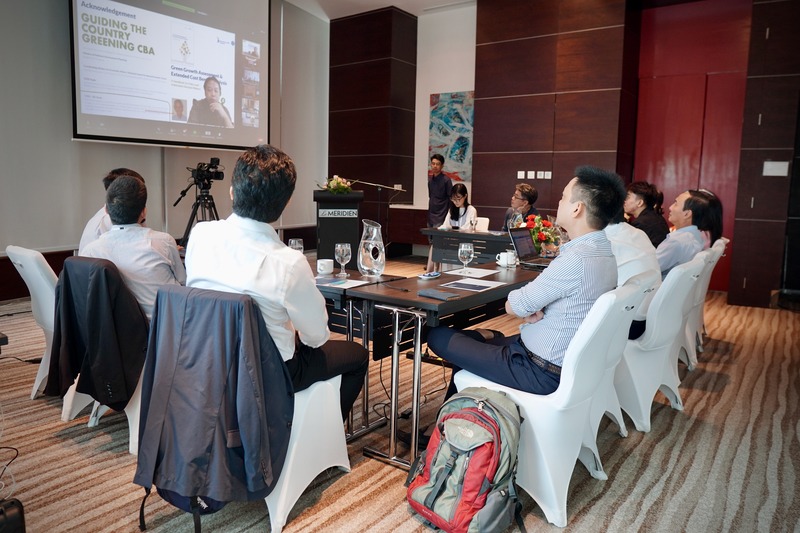
Discussion with researchers in the field of environmental economics in Southeast Asia on the strategy of building a greener, cleaner, and more comprehensively developed economy of Southeast Asian.
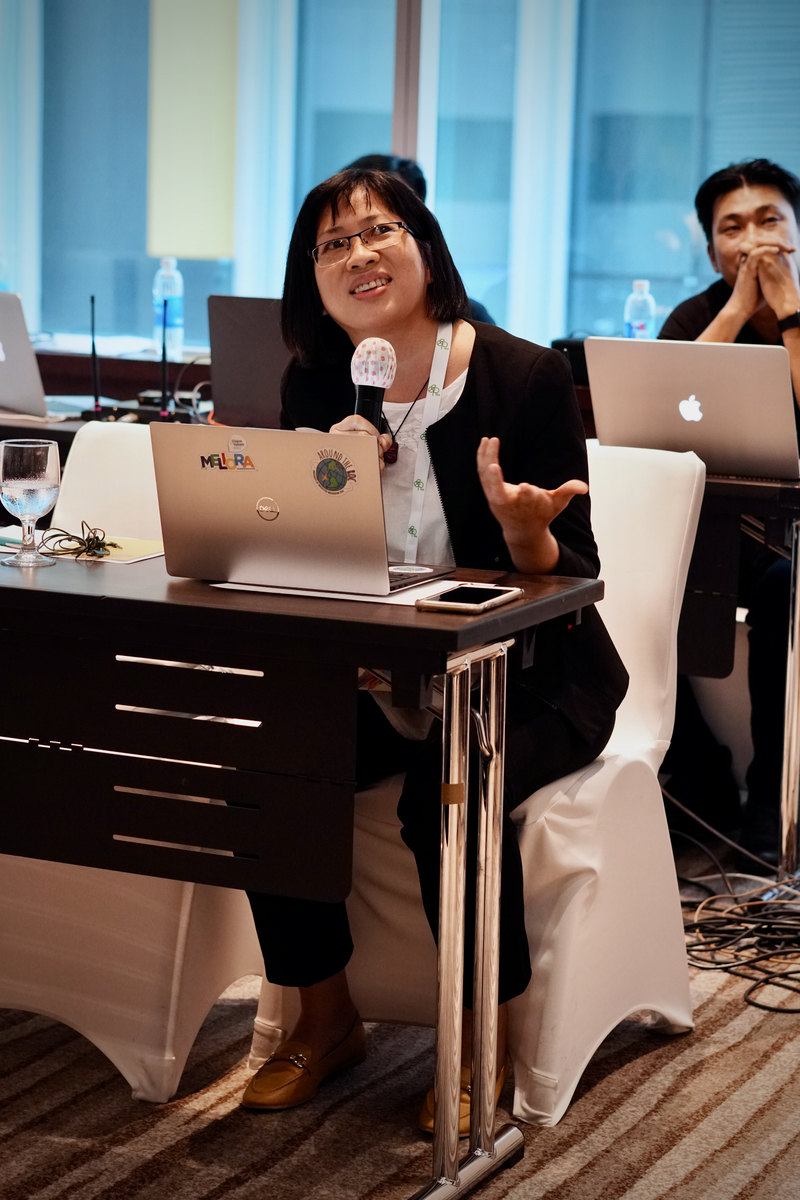
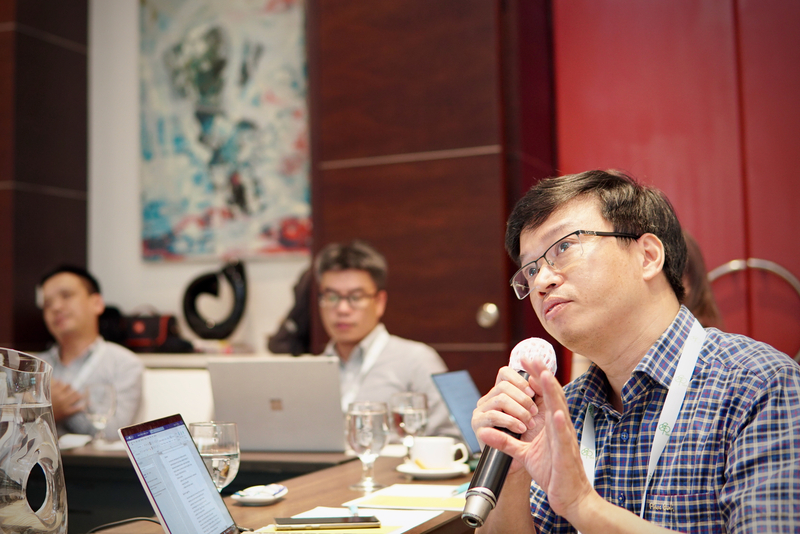
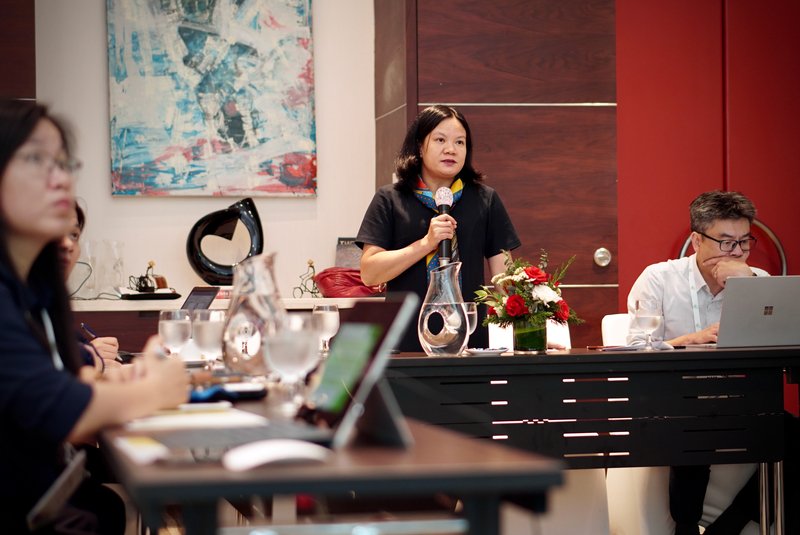
Delegates discussed at the conference
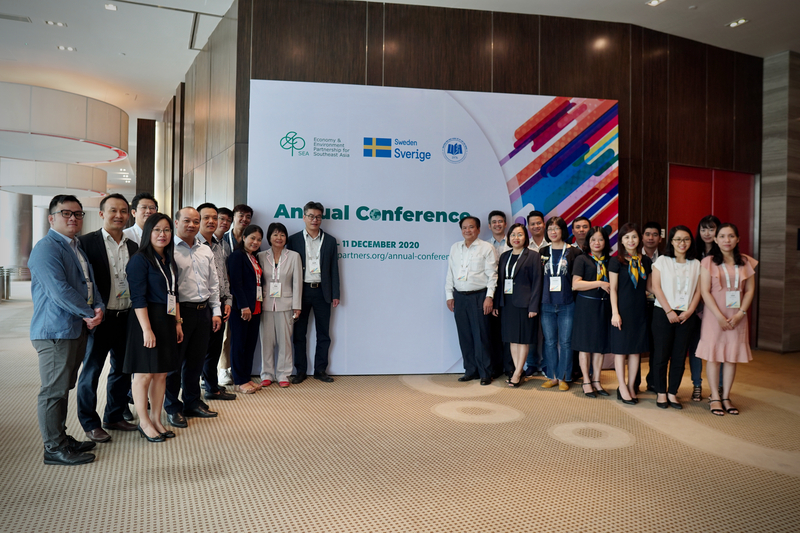
Researchers in economic environment field took photos together
News, photo: Institute of Southeast Asian Environmental Economics




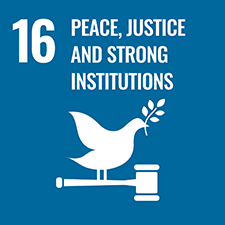
![[Research Contribution] Modernizing and Elevating Vietnamese Higher Education: Creating Breakthroughs in High-Caliber Human Resource Development and Talent Cultivation, Leading Research and Innovation](/images/upload/thumbnail/ueh-thumbnail-639083193174001549.png)

![[Research Contribution] Sustainable Manufacturing: A Driving Force for the Green Economy and the Challenges Ahead](/images/upload/thumbnail/ueh-thumbnail-639082294182922007.png)
